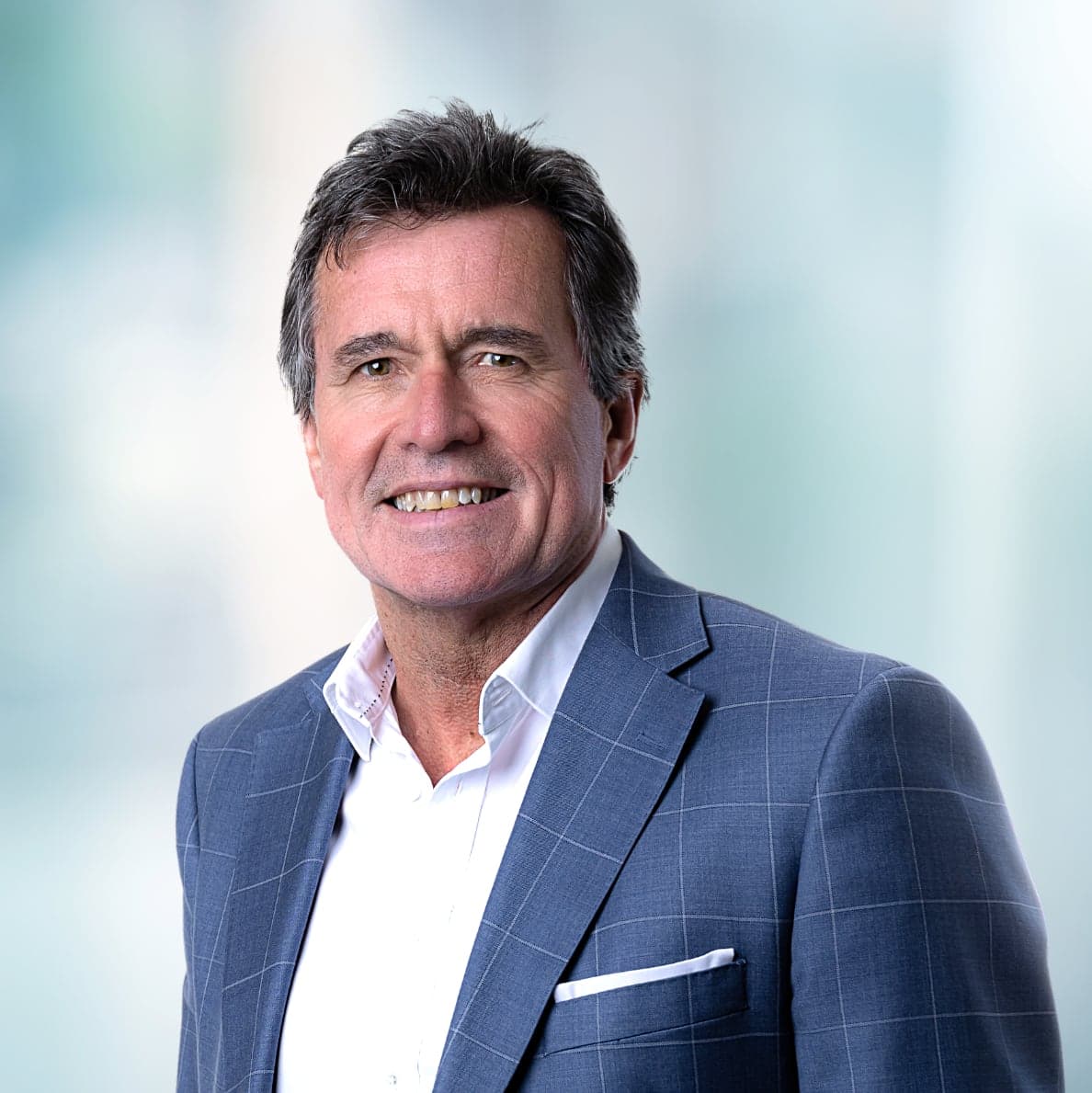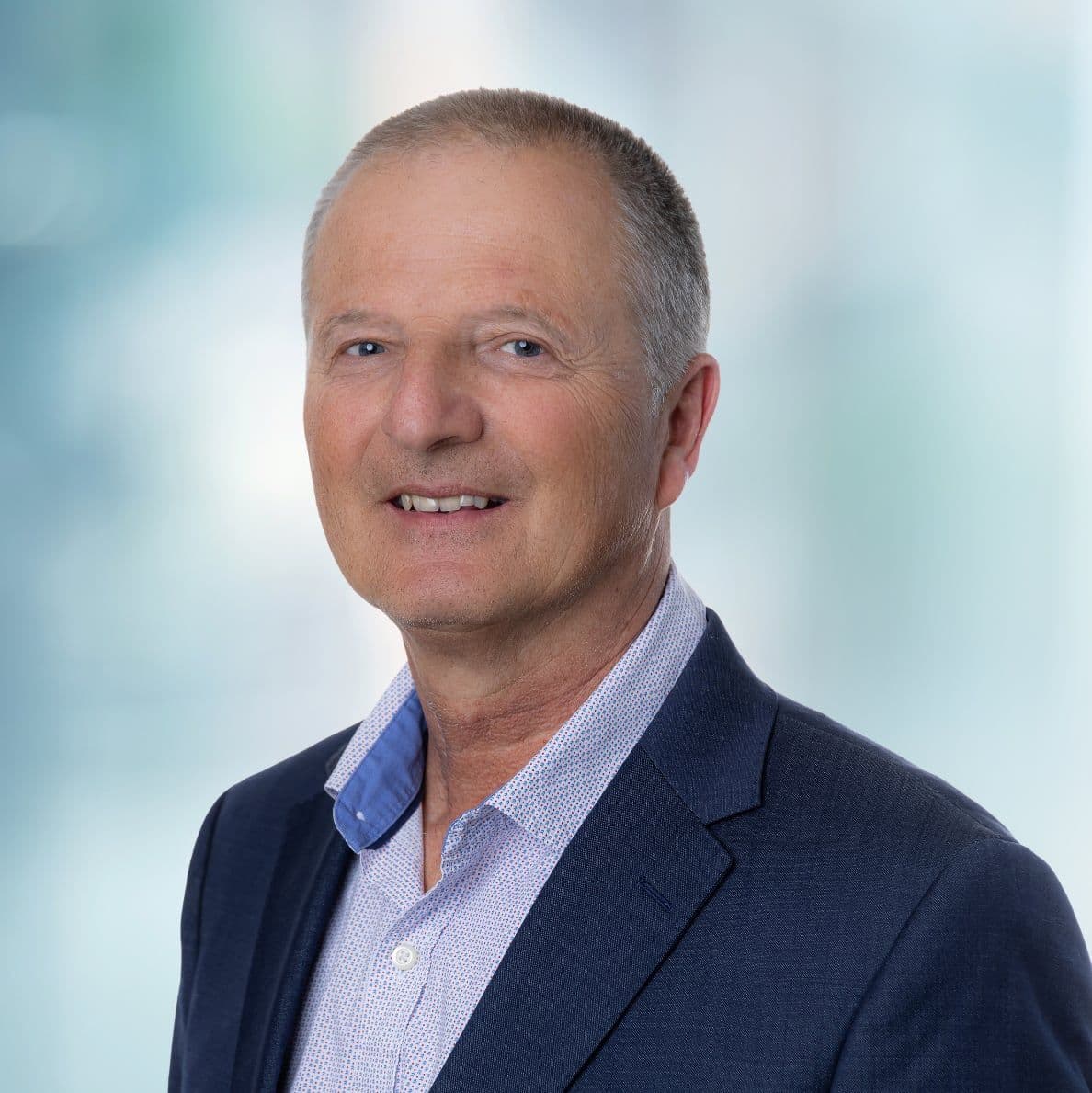Shoulder arthritis is a common condition that affects the shoulder especially in the older age group and in people who have done very hard manual labour.
Arthritis is loss of the normal cartilage within the ball and socket, which acts a shock absorber when moving the joint. This loss of cartilage results in significant pain and stiffness within the shoulder and can be very debilitating.
Treatment for shoulder arthritis
Non-operative treatment for shoulder arthritis includes:
- Rest and activity modification
- Pain killers – eg paracetamol
- Anti-inflammatories – eg NSAID’s / ibuprofen
- Cortisone / steroid injections
- Physiotherapy and strengthening exercises
If these types of treatment do not work then operative treatment may be recommended.
The movements of the shoulder are very complex and rely on a series of tendons to make the shoulder function properly. If these tendons are in good healthy condition then a normal or anatomical shoulder replacement can be performed where the ball and socket are replaced with artificial ones made of metal and/or plastic. In the instance where the tendons are torn or not in a very healthy condition then a different type of replacement called a reverse shoulder replacement may need to be used. This is where the ball is changed to the socket side of the shoulder and vice versa. By changing the shape and mechanics of the shoulder this type of replacement can restore movement even when the tendons of the shoulder are no longer present.
Patients will usually go home 2-3 days following a shoulder replacement and be kept in a sling for up to six weeks after the surgery. Most patient will do gentle exercises without lifting the arm up for the first 6 weeks. Between 6-12 weeks most patients will then work closely with a physiotherapist to increase the range of motion within the shoulder until it is almost back to normal. Once at the 3 month mark after the operation most patients then start strengthening the muscles around the shoulder. The shoulder usually continues to improve from a pain, function and strength perspective for up to a year after the operation.






